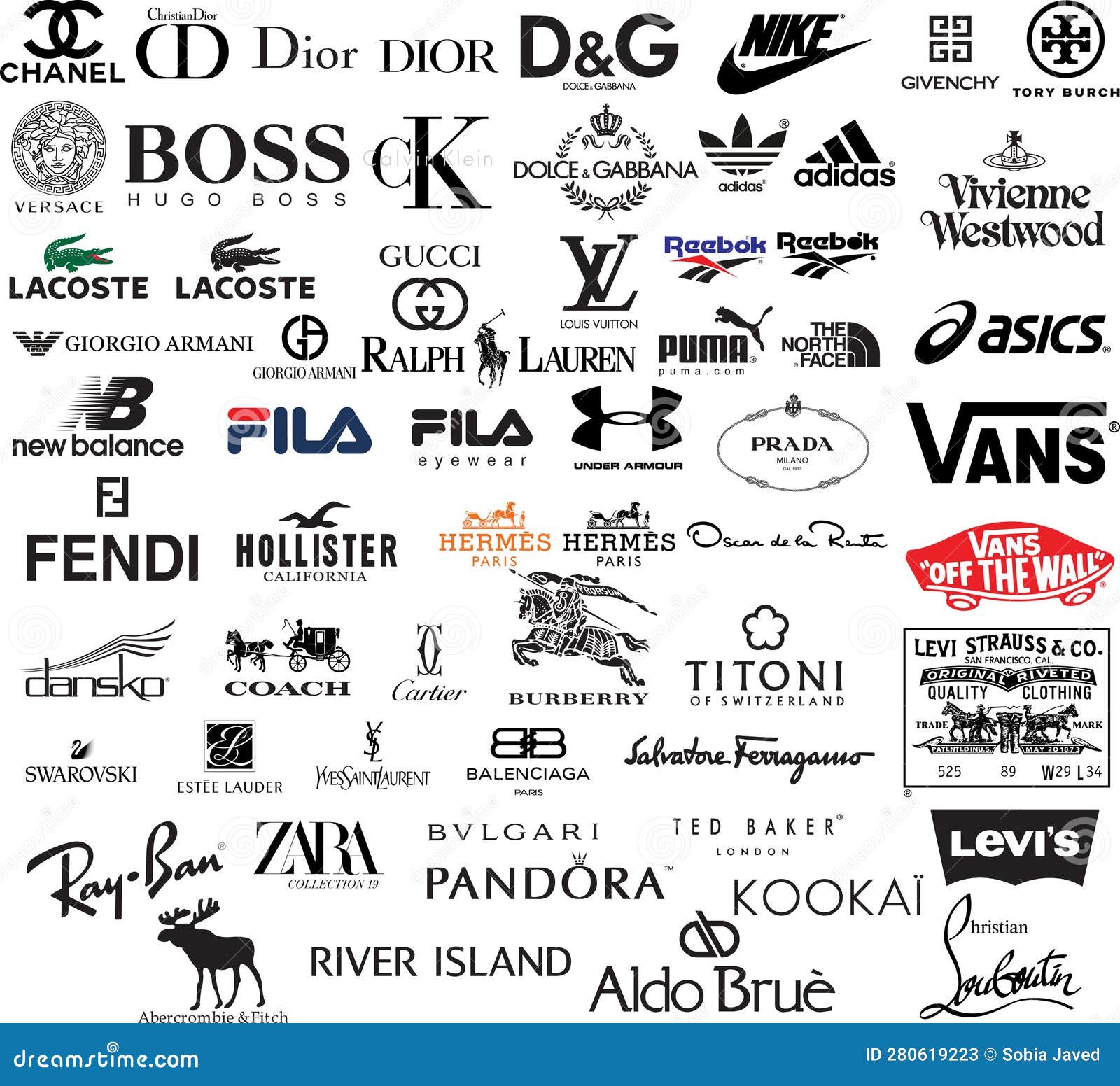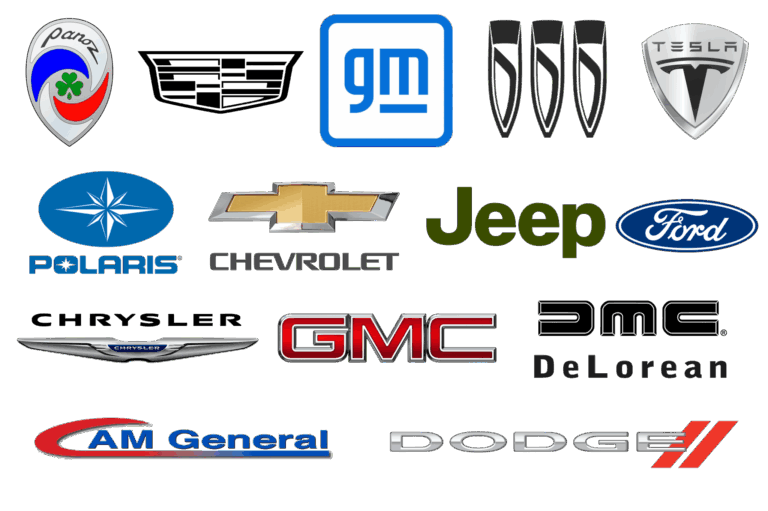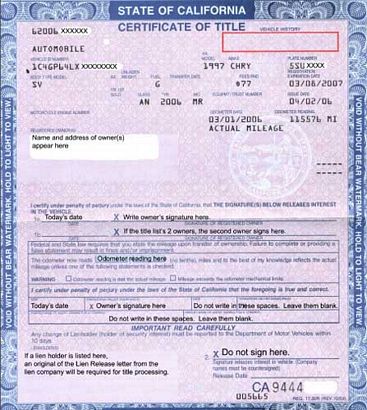Most Reliable Luxury Car Brands: A Comprehensive Guide to Enduring Quality
Most Reliable Luxury Car Brands: A Comprehensive Guide to Enduring Quality cars.truckstrend.com
The allure of a luxury car is undeniable: exquisite craftsmanship, cutting-edge technology, unparalleled comfort, and a driving experience that transcends the ordinary. Yet, for many prospective buyers, a nagging question often surfaces amidst the dazzle: what about reliability? The perception that luxury equates to frequent, expensive repairs has long deterred some, but the landscape of high-end automotive engineering has evolved dramatically.
Reliability in a luxury car means more than just avoiding breakdowns; it signifies consistent performance, minimal unscheduled maintenance, and a vehicle that holds its value and prestige over time. It’s about peace of mind, knowing that your significant investment will deliver the promised experience without constant trips to the service center. This comprehensive guide will delve into the brands that consistently top reliability charts, explore the factors contributing to their enduring quality, and provide practical advice for discerning buyers seeking the ultimate combination of luxury and dependability.
Most Reliable Luxury Car Brands: A Comprehensive Guide to Enduring Quality
Understanding Reliability in Luxury Vehicles
Before diving into specific brands, it’s crucial to define what "reliability" truly means in the context of luxury automobiles. It encompasses:
- Fewer Breakdowns and Defects: The primary indicator – how often does the vehicle require unscheduled repairs?
- Consistent Performance: The car performs as expected, without quirks, glitches, or degraded functionality.
- Lower Unscheduled Maintenance Costs: While all cars need routine servicing, a reliable vehicle avoids costly, unexpected repairs.
- Durability and Longevity: Components and systems are built to last, resisting premature wear and tear.
- Technological Stability: Advanced features and infotainment systems operate smoothly without freezing or malfunctions.
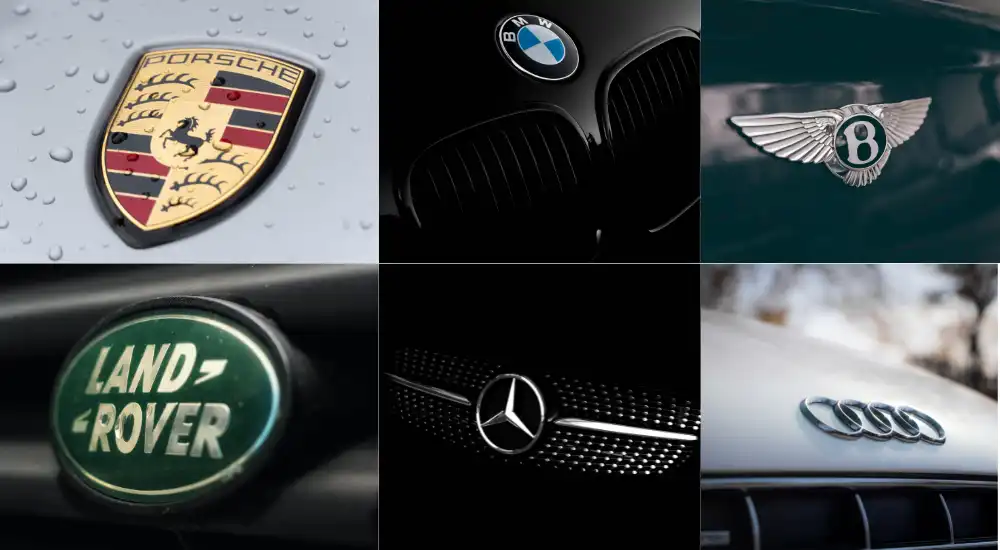
To gauge reliability, industry experts and consumer organizations like J.D. Power, Consumer Reports, and RepairPal meticulously collect data from thousands of vehicle owners. They assess everything from engine and transmission issues to electronics and interior component failures, providing invaluable insights into a brand’s long-term dependability.
Top Contenders: Brands Known for Enduring Quality
While every brand has its occasional missteps, certain luxury marques have consistently demonstrated a commitment to reliability, earning the trust of their owners.
1. Lexus: The Unquestioned Leader

For decades, Lexus, Toyota’s luxury division, has been the gold standard for reliability. Their success stems from a meticulous engineering philosophy that prioritizes durability and refinement over bleeding-edge, unproven technology.
- Why they excel: Toyota’s legendary build quality, rigorous testing protocols, high-quality materials, robust powertrains, and a focus on incremental improvements rather than revolutionary, potentially problematic leaps. Their hybrid technology, in particular, has proven exceptionally reliable.
- Key Models: ES, RX, NX, GX.
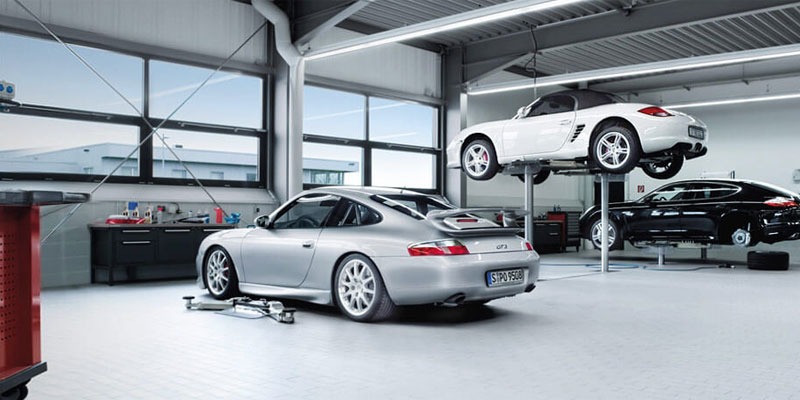
2. Acura: Honda’s Dependable Luxury Arm
Following closely behind Lexus, Acura benefits from Honda’s reputation for mechanical soundness and thoughtful engineering. Acura vehicles often combine sporty driving dynamics with comfortable interiors and a strong emphasis on practical reliability.
- Why they excel: Honda’s robust engine and transmission designs, intuitive technology that avoids over-complication, and a focus on long-term ownership value. Their Super Handling All-Wheel Drive (SH-AWD) system is both performance-oriented and reliable.
- Key Models: MDX, RDX, TLX.
3. Genesis: A Rapid Ascent to Reliability
Hyundai’s luxury brand, Genesis, has made an astonishing climb in reliability rankings since its inception. Backed by Hyundai’s strong engineering resources and a generous warranty, Genesis vehicles offer compelling luxury without compromising dependability.
- Why they excel: A focus on initial quality, robust mechanicals shared with proven Hyundai platforms, and an aggressive push to address any early issues quickly. Their warranty program also provides significant peace of mind.
- Key Models: G80, GV70, GV80.
4. Volvo: Safety Meets Sustained Quality
Once perceived as slightly behind the German luxury giants in reliability, Volvo has made significant strides in recent years. Their focus on safety, combined with robust powertrains and an increasingly refined approach to technology integration, has positioned them as a reliable choice.
- Why they excel: Strong emphasis on structural integrity and passive safety, durable turbocharged and electrified powertrains, and an elegant, minimalist approach to interior technology that tends to be less prone to glitches.
- Key Models: XC60, XC90, S60.
5. The German Trio (BMW, Audi, Mercedes-Benz): Improving Fortunes
Historically, German luxury brands have faced criticism for higher maintenance costs and occasional electronic glitches due to their complex, technology-laden designs. However, all three have made significant improvements in reliability in recent years, often placing in the "above average" category.
- Why they are improving: Better integration of advanced electronics, more robust components, and refinement of existing platforms. Their reliability often hinges on strict adherence to maintenance schedules and using specialized technicians. While parts can be expensive, the core mechanicals are generally very well-engineered.
- Key Considerations: Their advanced features and high-performance engines often demand more meticulous maintenance. Skipping services or using aftermarket parts can quickly lead to issues.
Factors Contributing to a Brand’s Reliability
Several underlying principles dictate a luxury brand’s reliability performance:
- Engineering Philosophy: Some brands prioritize cutting-edge technology and maximum performance, which can sometimes introduce complexity and potential failure points. Others, like Lexus, lean towards proven, refined technologies that have been thoroughly tested.
- Manufacturing Quality Control: Strict adherence to quality standards throughout the production process, from sourcing materials to final assembly, is paramount. Brands with robust quality control tend to produce more reliable vehicles.
- Technological Integration: The way advanced features (infotainment, driver-assist systems, complex climate controls) are designed and integrated can significantly impact reliability. A seamless, intuitive system is less likely to glitch than an overly complicated or rushed one.
- Service Network and Parts Availability: A wide network of skilled, certified technicians and readily available genuine parts ensures that when issues do arise, they can be resolved efficiently and correctly.
- Warranty and After-Sales Support: A comprehensive warranty signals a manufacturer’s confidence in their product. Excellent customer service and a commitment to resolving issues post-purchase contribute to overall ownership satisfaction, even if a minor reliability hiccup occurs.
How to Assess a Luxury Car’s Reliability Before Buying
Being an informed buyer is key to selecting a reliable luxury vehicle.
-
Consult Independent Reliability Ratings:
- J.D. Power: Publishes annual Vehicle Dependability Studies (VDS) and Initial Quality Studies (IQS) based on owner feedback.
- Consumer Reports: Known for its extensive road tests and comprehensive reliability surveys based on subscriber data.
- RepairPal/TrueDelta: Provide insights into common repair issues and average repair costs for specific models.
-
Read Owner Forums and Reviews: Real-world experiences from current owners often highlight common quirks or persistent issues that might not appear in official reports. Search for model-specific forums.
-
Obtain a Vehicle History Report (for used cars): Services like CarFax and AutoCheck can reveal a car’s maintenance history, accident records, and title issues. Look for consistent service records, especially from authorized dealerships.
-
Schedule a Pre-Purchase Inspection (PPI): For any used luxury car, a PPI by an independent, trusted mechanic (ideally one specializing in that brand) is non-negotiable. They can identify underlying issues that might not be obvious during a test drive.
-
Consider Certified Pre-Owned (CPO) Programs: CPO vehicles are typically low-mileage, recent-model-year used cars that have undergone rigorous multi-point inspections by the manufacturer and often come with extended factory warranties. This offers a significant layer of peace of mind.
Maintaining Reliability: Tips for Luxury Car Owners
Even the most reliable luxury car benefits from proactive care. Your role as an owner is crucial in preserving its quality and performance.
- Adhere to Manufacturer’s Service Schedule: Luxury cars often have complex systems requiring specific fluids, filters, and diagnostic checks at prescribed intervals. Do not skip or delay these services.
- Use Genuine OEM Parts: While aftermarket parts can be cheaper, genuine Original Equipment Manufacturer (OEM) parts are designed to exact specifications and offer the best fit, performance, and durability.
- Find a Reputable Mechanic: Whether it’s the dealership service center or an independent specialist, ensure your mechanic has specific training and experience with your luxury brand. They often have specialized tools and diagnostic equipment.
- Monitor Warning Lights and Sounds: Don’t ignore a check engine light, unusual noises, or warning messages. Addressing minor issues early can prevent them from escalating into major, costly repairs.
- Regular Cleaning and Detailing: Beyond aesthetics, keeping your luxury car clean protects its finishes, prevents corrosion, and helps you notice any developing issues (e.g., fluid leaks).
- Practice Good Driving Habits: Gentle acceleration, smooth braking, and avoiding harsh conditions (where possible) reduce wear and tear on the engine, transmission, brakes, and suspension components.
Challenges and Misconceptions
Despite significant improvements, a few challenges and misconceptions persist regarding luxury car reliability:
- Higher Repair Costs (Even for Reliable Brands): While reliable luxury cars break down less often, when they do, the cost of parts and specialized labor is inherently higher than for mainstream vehicles. This is simply the nature of premium components and advanced engineering.
- Complexity vs. Reliability: The sheer volume of features, sensors, and computer modules in modern luxury cars means more potential points of failure. However, top brands have learned to integrate these complexities more robustly.
- Technology Obsolescence: While mechanicals might last, infotainment systems and connectivity features can feel dated within a few years, sometimes leading to software glitches or compatibility issues with newer devices.
- Myth: All Luxury Cars are Unreliable: The excellent track record of Japanese luxury brands (Lexus, Acura, Genesis) directly refutes this blanket statement. German brands have also shown strong improvements.
Practical Advice and Actionable Insights
For anyone considering a luxury car, here’s the distilled advice:
- Research Extensively: Don’t just fall for the badge. Dive deep into reliability ratings for specific models and model years you’re interested in.
- Factor in Total Cost of Ownership (TCO): Beyond the purchase price, consider insurance, fuel, and especially maintenance and potential repair costs. A "cheaper" luxury car upfront might be significantly more expensive to own long-term if it’s unreliable.
- Embrace Certified Pre-Owned (CPO): For excellent value and peace of mind, a CPO luxury vehicle often combines a lower price point with factory-backed reliability assurance.
- Prioritize Maintenance: This is non-negotiable. Skipping recommended service intervals is the quickest way to undermine a luxury car’s reliability.
- Be Realistic: While certain brands are highly reliable, no car is entirely immune to issues. Set realistic expectations for repair costs when issues arise.
Most Reliable Luxury Car Brands: Overview and Approximate Pricing
This table provides a snapshot of some of the most reliable luxury car brands, their general standing, key strengths, and approximate starting price ranges for new models.
| Brand | Typical Reliability Ranking (Source: Avg. of CR, J.D. Power) | Key Reliability Strengths | Approximate New Starting Price Range (USD) |
|---|---|---|---|
| Lexus | Excellent (Consistently Top 1-2) | Exceptional build quality, durable powertrains, refined tech. | $40,000 – $80,000+ |
| Acura | Excellent (Consistently Top 3-5) | Honda engineering, robust engines, strong value. | $38,000 – $65,000+ |
| Genesis | Excellent (Rapidly improved, often Top 5) | Strong warranty, high initial quality, well-integrated tech. | $40,000 – $75,000+ |
| Volvo | Above Average (Good, especially in newer models) | Safety focus, robust powertrains, elegant design. | $40,000 – $70,000+ |
| BMW | Above Average (Significant improvements recently) | High-quality materials, refined driving dynamics, sophisticated tech. | $45,000 – $90,000+ |
| Audi | Above Average (Steady improvement) | Advanced technology, sophisticated AWD, premium interior. | $43,000 – $85,000+ |
| Mercedes-Benz | Above Average (Steady improvement) | Luxurious interiors, cutting-edge safety, powerful engines. | $48,000 – $95,000+ |
Note: Prices are approximate MSRP for entry-level to mid-range models and can vary significantly based on model, trim, optional features, and market conditions. Reliability rankings are generalized based on multiple sources and can fluctuate annually.
Frequently Asked Questions (FAQ)
Q: Are luxury cars inherently unreliable?
A: No, this is a common misconception. While some older luxury models, especially those laden with experimental technology, had reliability issues, modern luxury brands, particularly those from Japanese manufacturers like Lexus and Acura, consistently rank among the most reliable vehicles on the market.
Q: Which luxury car brand is the most reliable?
A: Based on consistent independent studies from J.D. Power and Consumer Reports, Lexus holds the top spot for overall reliability year after year, followed closely by Acura and Genesis.
Q: Is it more expensive to maintain a reliable luxury car?
A: Even the most reliable luxury cars will generally have higher maintenance and repair costs than mainstream vehicles. This is due to the use of premium materials, specialized parts, and the need for highly skilled technicians. However, a reliable luxury car will have fewer unscheduled and unexpected expensive repairs.
Q: Does advanced technology reduce reliability?
A: Not necessarily, but it can introduce more potential points of failure. Brands that integrate technology thoughtfully and rigorously test their systems tend to maintain higher reliability. Overly complex or rushed technology can lead to glitches, but improvements in software and hardware integration are making modern luxury cars more dependable than ever.
Q: Should I buy a used luxury car for reliability?
A: Buying a used luxury car can offer significant value, but thorough research and a pre-purchase inspection (PPI) are crucial. Opting for Certified Pre-Owned (CPO) vehicles from reliable brands is often the safest bet, as they come with inspections and extended warranties.
Q: How important is dealer service for luxury car reliability?
A: Very important. Luxury vehicles often require specialized diagnostic tools and training that independent mechanics might not possess. Adhering to the manufacturer’s recommended service schedule at an authorized dealership or a trusted independent specialist is vital for maintaining the car’s reliability and preserving its warranty.
Conclusion
The pursuit of luxury doesn’t have to mean sacrificing peace of mind. The automotive industry has made significant strides, and a growing number of luxury car brands are proving that opulence and dependability can indeed coexist. By prioritizing brands with a proven track record, conducting thorough research, and committing to diligent maintenance, prospective buyers can confidently invest in a luxury vehicle that not only elevates their driving experience but also offers enduring quality and reliable performance for years to come. A reliable luxury car is not just a statement of success; it’s a testament to intelligent design and engineering, promising joy and freedom on every journey.
